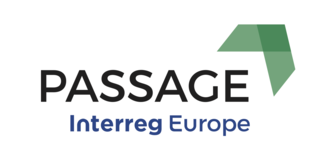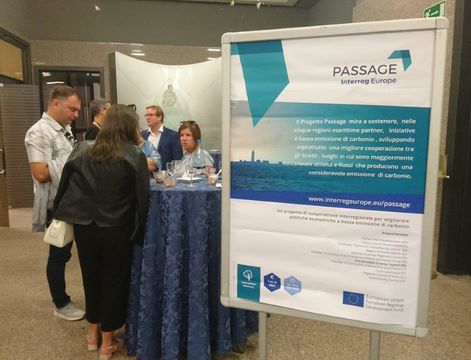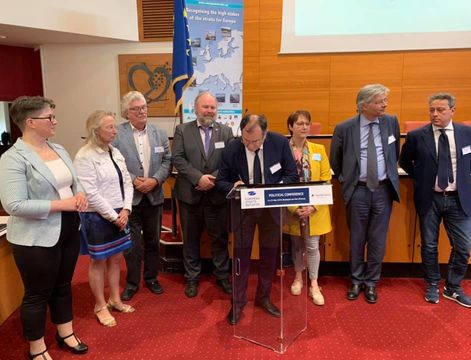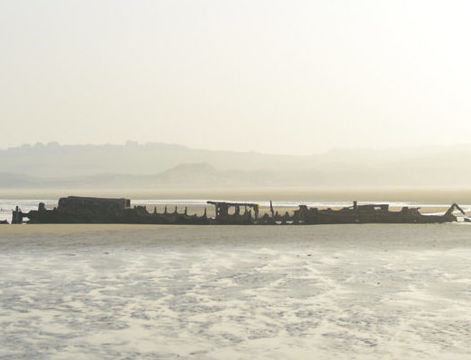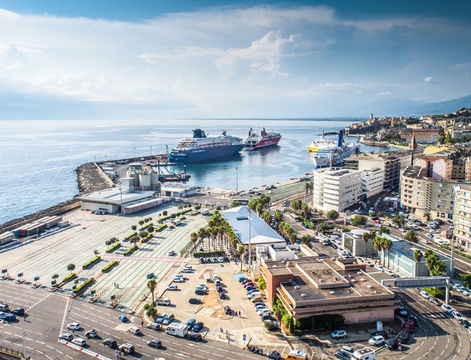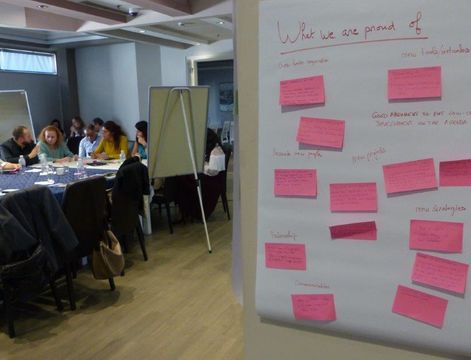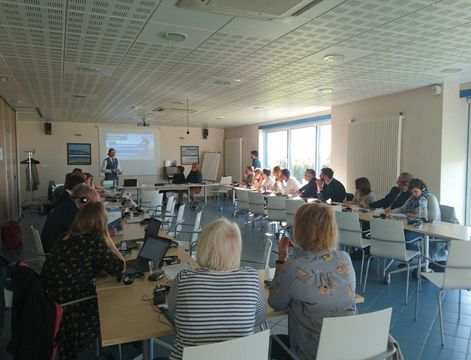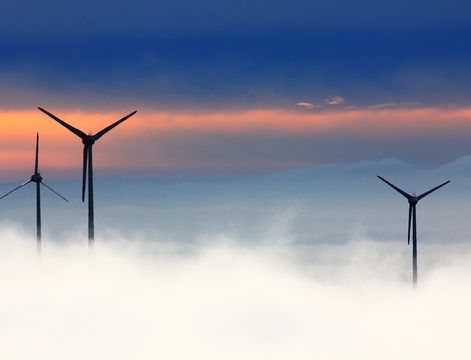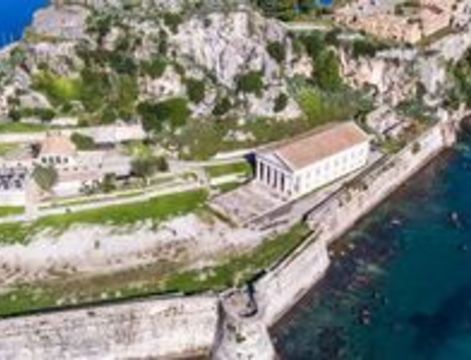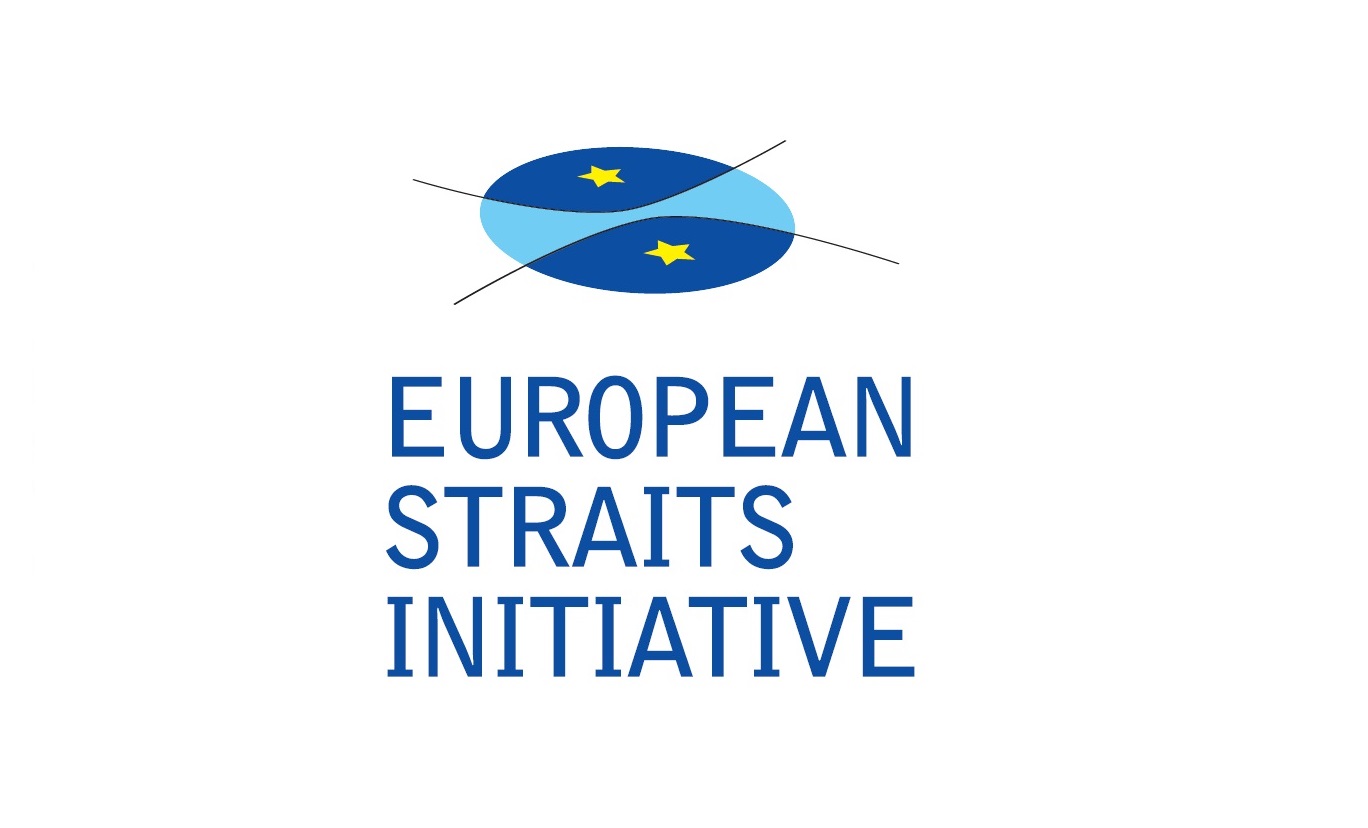On 16-17 May 2017, PASSAGE project partners gathered in Bastia to share their best practices to support entrepreneurship and social innovation in the framework of low-carbon transition. The seminar was organised by the Chamber of commerce and industry of Haute-Corse (France).
The third thematic seminar of PASSAGE project was the opportunity for partners to learn about innovative approaches of the low-carbon transition in the different maritime border regions. Participation of citizens, energy retrofit, creation of clusters and stimulation of social economy were only a few of the many topics tackled!


Among the best practices highlighted, the development of a Smart City based on digital tools in Tallinn (Estonia) offers impressive possibilities to switch to a decarbonized world. On the Finnish side of the Gulf of Finland, the development of the Peloton Club to support start-ups in the field of environment and mitigation of climate change illustrated the opportunities offered by the creation of networks gathering complementary stakeholders. Another successful example was the creation of a voucher to support social and environmental innovation in businesses through a partnership between the Chamber of commerce of Maremma and Tirreno and the University of Pisa (Italy). In Pas-de-Calais (France), the low-carbon transition is driven by the implementation of the Third Industrial Revolution developed by Jeremy Rifkin in Hauts-de-France, thanks to innovative tools such as a saving accounts open to all to finance the energy transition projects.
See and learn
On the second day, partners visited the natural reserve of Biguglia Pond to understand the pressures of pollution generated by the urban area on this safeguarded natural area. Project partners were able to understand the traditional fishing process, main economic activity on the area.


The visit of Pietra brewery was the opportunity to discover a successful example of entrepreneurship on the Corsican island, with production of terroir products. The installation, in 2010, of a CO2 recovery system enables this brewery to save about 50 tons of CO2 per year, re-used on the bottling line to pressurize the beer bottles.



Project partners visited the thermal diesel power plant of Lucciana, exploited by EDF PEI since it opened in 2014. This new power plant has significantly reduced the air pollution compared to the old power plant, with an increased quality of engines and the use of catalyzers combined with injection of urea (85% decrease of NOx emissions).


The power plant anticipates the future evolutions of the regulation and local context, with possibilities to add devices against dust and to convert the engines to gas power if Corsica is one day connected to a LNG network. The power plant uses about 4 m3 per hour of diesel for each of its 8 engines; it is connected by a pipeline to the stock of diesel filled through a sealine, by about 12 boats a year bringing diesel from the continent. Air and water pollution is monitored constantly by a in-house laboratory, with regular external control.
Time for action
PASSAGE partners will now capitalize on the knowledge learnt through the 3 thematic seminars to write cross-border action plans in each of the maritime border region of the partnership, by March 2018. These actions plans will be implemented in a second phase, from April 2018 to March 2020.
